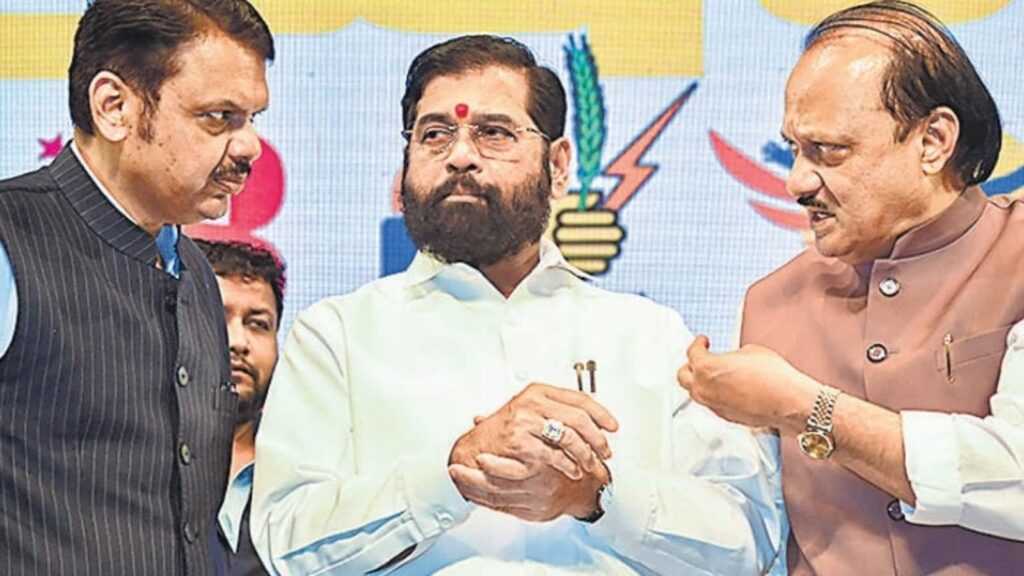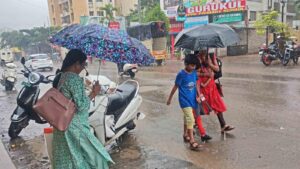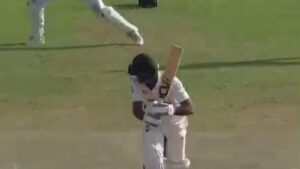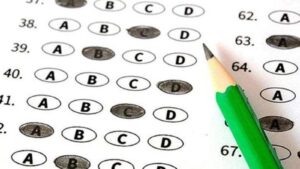‘United’ Mahayuti to push hyperlocal issues in assembly poll campaigns | Mumbai news

STRAP: MVA yet to arrive at seat-sharing consensus

NEW DELHI/MUMBAi: In poll-bound Maharashtra, the BJP’s election campaign will be based on hyperlocal issues, and the electoral contest will be pitched as a battle between the Mahayuti and the Maha Vikas Aghadi (MVA) with no chief ministerial face, said people familiar with the details.
With polls likely to be held in November, the BJP is keen to project a united front. “Talks between the allies on seat-sharing are more or less settled,” said a party functionary aware of the details. “We will not contest the polls as individual parties but will focus on the strength of the alliance; thus, there will be a joint projection of leaders instead of a single face.”
Even as it wants to project a united front, the BJP will get the bulk of tickets for the 288 seats. “The BJP will contest 160 to 170 seats while the Sena will be fighting 65 to 70,” said the functionary. “The NCP will contest 50 to 60 seats. Smaller parties such as the RPI will also get a few tickets. Broadly an agreement has been reached but a dozen or so seats are tricky, which will be decided when union home minister Amit Shah visits Maharashtra.” Shah is expected to be in the state on September 24.
Shah is also learnt to have directed the party to scotch differences between the allies. “There has been bad blood over seat allocation in some regions,” said the functionary. “In some of the constituencies, the BJP cadre was upset about having to give up the seat for an ally. Some workers had expressed reservations about the pre-poll alliance with the NCP, citing negative public perception about its leaders. The central leadership has cautioned that such differences will weaken the alliance.”
BJP leaders also said that there would not be a pan-state narrative. “We will focus on each region and address the issues that are of specific concern there,” said a second party functionary. “For instance, in Vidarbha, where there are 62 seats and the contest will primarily be between the BJP and the Congress, the Mahayuti’s election campaign will be pivoted on dominant issues such as irrigation, the water crisis and OBC reservation.”
In North Maharashtra, where the BJP and Shiv Sena (UBT) are in a close contest, issues related to water and concerns of tribal communities will take centre-stage. “During the general election, the opposition had managed to spread rumours about the BJP wanting to change the Constitution, which had an impact on our tally. This time, after the government’s clarification that there will be no creamy layer within SC and ST quotas, we are expecting a positive outcome,” said the second functionary.
In Marathwada, the BJP is gearing up for a tough fight between the two NCP factions, and in Aurangabad division, which has 46 seats, the Mahayuti’s election campaign will be tailored to address contentious issues such as the demand for Maratha reservation.
The MVA, on the other hand, has reportedly failed to arrive at a consensus on seat-sharing, with all three parties pushing their own figures. The Congress is insisting on more than 100 seats, the Shiv Sena (UBT) too wants not less than 100 seats and the NCP (SP) has staked a claim on 90 seats.
There are around 45 to 50 seats on which a claim has been laid by more than two parties. To break the deadlock, it was suggested that a survey be conducted by an independent agency. “A decision on the suggestion is yet to be made,” said another MVA insider.
On Friday, a second meeting to discuss the seat-sharing took place at a hotel in suburban Mumbai, at which the top leaders of all three parties were present. According to MVA insiders, the Congress has decided not to give up on the 110 seats it believes it is sure to win, a figure that came from the surveys the party conducted on all 288 seats. “The Shiv Sena (UBT) too is not ready to take anything less than 100 seats,” said a senior MVA leader. “It too believes that it will do much better than its mediocre performance in the Lok Sabha elections.” Similarly, NCP (SP) leaders said that their strike rate was highest in the Lok Sabha polls. They claimed that they stood a good chance of winning 90 seats and would not like to contest less than that number.
NCP (SP) leader Anil Deshmukh claimed there were no differences in the MVA over seat-sharing. “Only around 15% of the seats are being sought by more than two parties,” he said. “A consensus has been reached on 120 to 130 seats. The discussion on the rest of the seats will continue.”
(With inputs from Saurabha Kulshreshtha)




